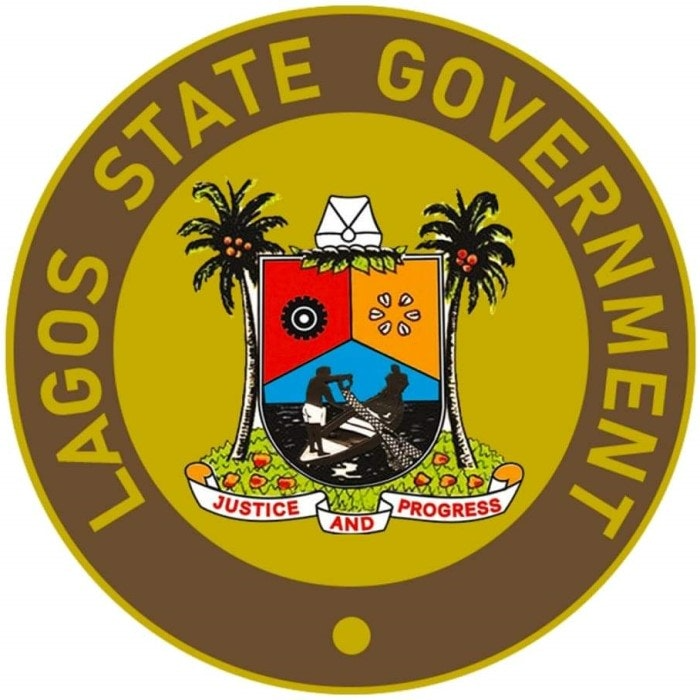Comedian Seyilaw’s accusation of “fake activism” against blogger Tunde Ednut for allegedly criticizing APC publicly while seeking presidential favors privately has ignited further debate on social media, with users weighing in on influence and hypocrisy
[dropcap]N[/dropcap]igerian comedian Seyilaw’s recent public accusation of “fake activism” against popular blogger Tunde Ednut has continued to reverberate across social media, sparking a wider conversation about authenticity, political influence, and private dealings among public figures.
Also read: Seyi Law accuses P-Square of hypocrisy over lack of support for President Tinubu
Seyilaw initially ignited the debate by directly challenging Ednut, alleging the blogger’s excitement and disbelief after receiving a birthday call from the President.
“Let TUNDE EDNUT come and deny that he was not excited when Mr. President called him on his birthday, and he was calling people in Nigeria that he couldn’t believe it. Let him deny it and swear with his future children’s destiny if it didn’t happen,” Seyilaw boldly declared in his post.
He condemned what he perceived as hypocrisy, stating, “They come online to pander to the mob but are hustling behind. God will judge all our hypocrisy. I say again that time will judge us all. ‘Curse APC by day, dine with APC by night’ Seyilaw calls Tunde Ednut over fake activism.”
Curse APC by day, dine with APC by night’ Seyilaw calls Tunde Ednut over fake activism.
The comedian’s comments have drawn varied reactions from X (formerly Twitter) users. One user, Theo Abu, commented on the significance of the alleged presidential call: “For the President to call him means they know how influential he is. Many people have celebrated birthdays and the President didn’t call them.”
Seyilaw’s response to Theo Abu indicated his understanding of the perceived influence, yet with a hint of sarcasm: “I know, na, but I hope when you hear mine, it is because I am influential too. Brother Theo.”
Another user, Ògbéni Obadeyi, weighed in on the broader human tendency for self-interest and validation: “In the end, everyone is looking out for themselves.
Also read: Tunde Ednut reacts to birthday message from Peter Obi, corrects politician
These individuals would greatly value having a close relationship with the president. Some are frustrated simply because they may seek validation from the Twitter crowd, but in reality, they desire it more than anyone else.” To this insightful observation, Seyilaw simply responded, “True.”





























